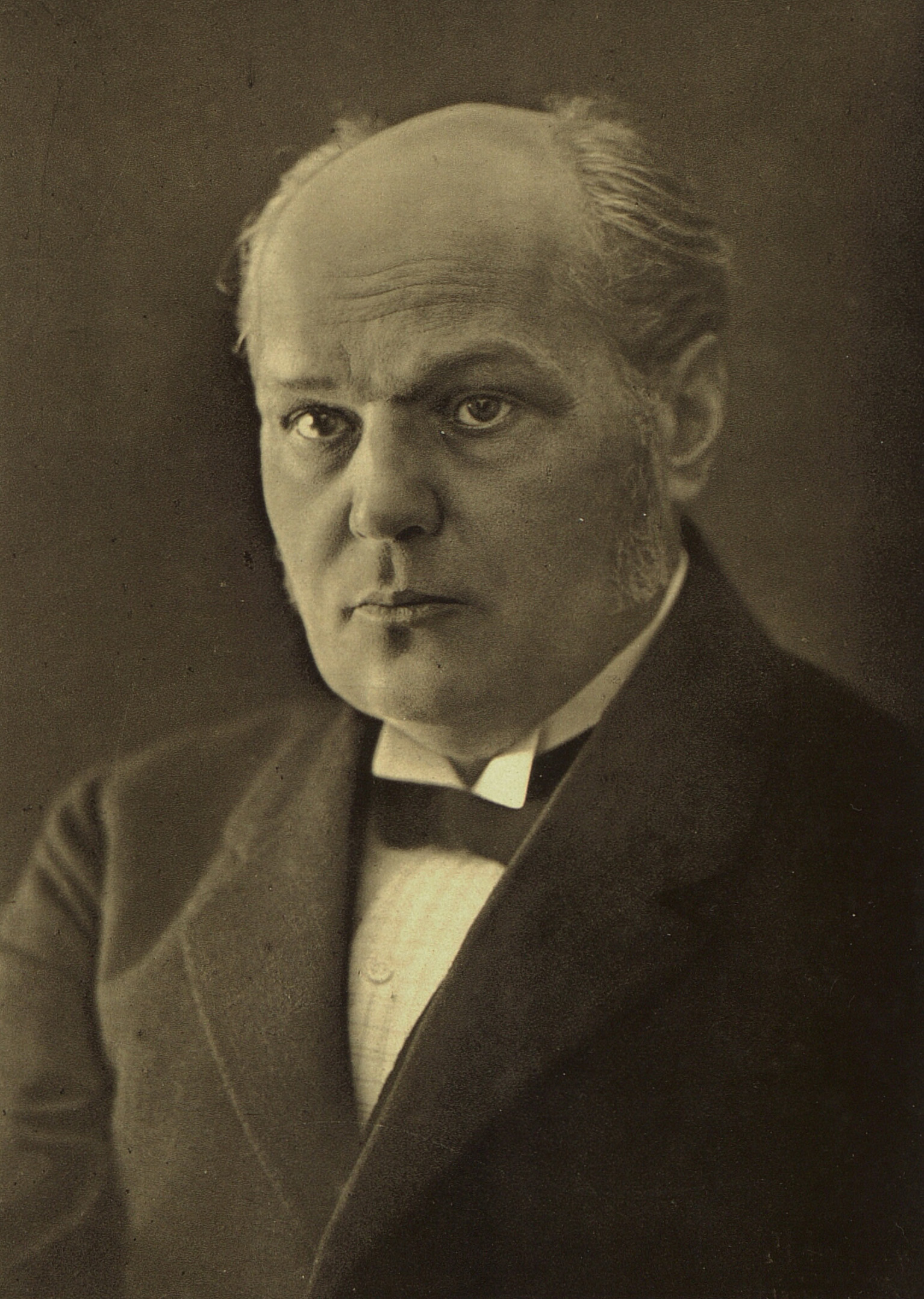Antonín Švehla
Antonín Švehla (born April 15, 1873 in Hostivař ; † December 12, 1933 in Prague ) was chairman of the Czechoslovak government , chairman of the Czech Agrarian Party and landowner in Hostivař near Prague (now Prague 15 ). From 1922 to 1925, 1925 to 1926 and 1926 to 1929 he was Czechoslovak Prime Minister .
biography
Švehla was the son of a landowner in the village of Hostivař near Prague. In 1900 he took over the management of the estate after the death of his father. Before that he was already politically active and in 1902 was elected deputy chairman of the farmers' association. In 1906 he and his political companions founded the agricultural newspaper Venkov (Das Land). From 1908 to 1913 Švehla represented the interests of the rural population as a member of the state parliament of Bohemia , and in 1909 he was elected to the executive committee of the Agrarian Party.
During the First World War he was one of the leaders of the resistance. He was a member of the Český svaz ( Bohemian Federation ) and, since 1917, of the underground Maffie movement . From July 1918 he was one of the leading members of the Czech National Committee .
As one of the “Men of October 28”, he proclaimed the independent Czechoslovak state in 1918 . Since 1918 he was a member of the National Assembly and from 1919 to 1920 he was Minister of the Interior in the Karel Kramář government . In this function he was instrumental in drafting the Czechoslovak constitution.
In 1919, Švehla was also elected chairman of the Agrarian Party, in which he represented not only the interests of the landowners, but also those of the smallholders. For the Agrarian Party he was also a member of the Pětka , a committee of five state-supporting parties in Czechoslovakia; this body, in the creation of which Švehla participated, should coordinate the work and politics of these parties. Since 1922 he was chairman of three Czechoslovak governments. From October 7, 1922 to December 9, 1925 in the so-called first Švehla government, from December 1925 to March 18, 1926 (2nd Švehla government) and in the period from October 12, 1926 to February 1, 1929 in the so-called "gentlemen's coalition". In 1927 he refused his candidacy for president and supported Tomáš Garrigue Masaryk . Two years later he retired from political life for health reasons.
Švehla is described in the political history of Czechoslovakia as a competent politician and master of compromises. In contrast to many famous politicians of his time, he had no academic training. The autodidact made a name for himself as a practical problem solver.
literature
- Daniel E. Miller: Antonín Švehla. Mistr politických kompromisů. ARGO, Prague 2001, ISBN 80-7203-366-2 .
- Marie Zdeňková: Antonín Švehla a Hostivař. K příležitosti 130. výročí narození (April 15, 1873) a 70. výročí úmrtí (December 12, 1933) Antonína Švehly. Milpo Media, Prague 2003, ISBN 80-86098-33-8 .
- Josef Hanzal: Antonín Švehla. K 120. výročí narození a 60. výročí úmrtí (= Panorama dějin. 3). H & H, Jinočany 1993, ISBN 80-85467-13-X .
Web links
- Literature and other media by and about Antonín Švehla in the catalog of the National Library of the Czech Republic
| personal data | |
|---|---|
| SURNAME | Švehla, Antonín |
| BRIEF DESCRIPTION | Czechoslovak politician |
| DATE OF BIRTH | April 15, 1873 |
| PLACE OF BIRTH | Hostivař |
| DATE OF DEATH | December 12, 1933 |
| Place of death | Prague |
